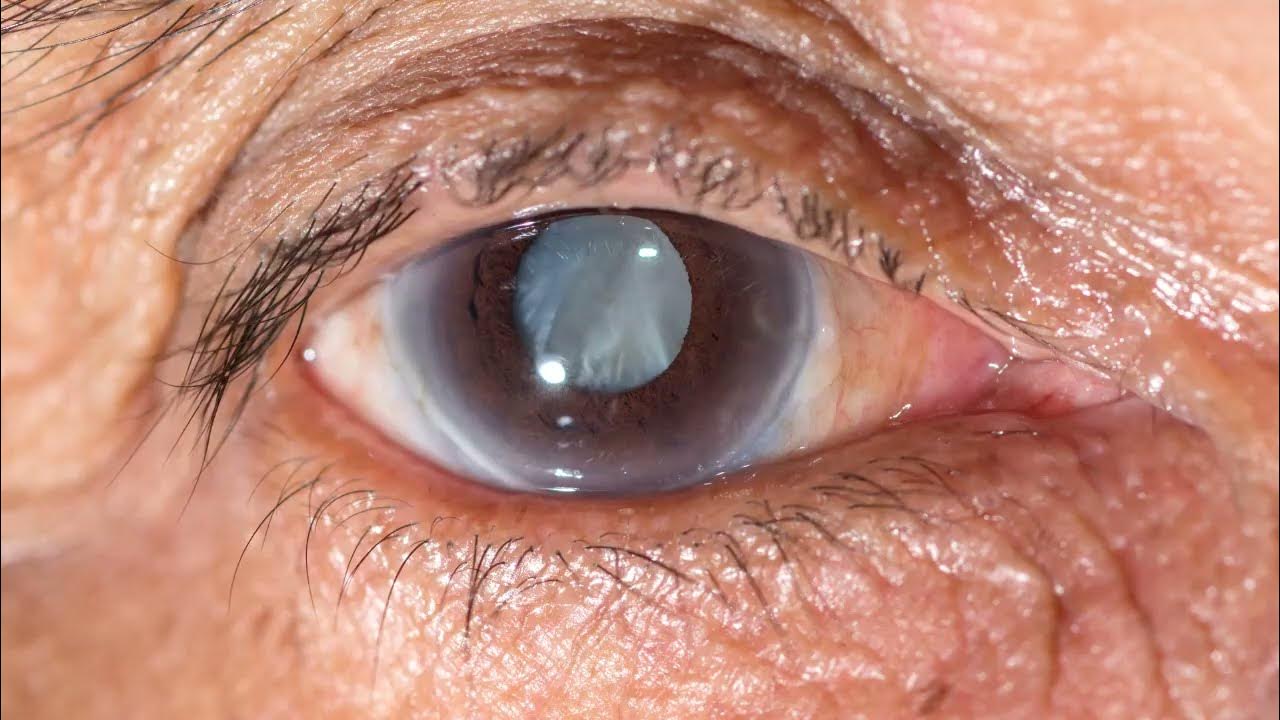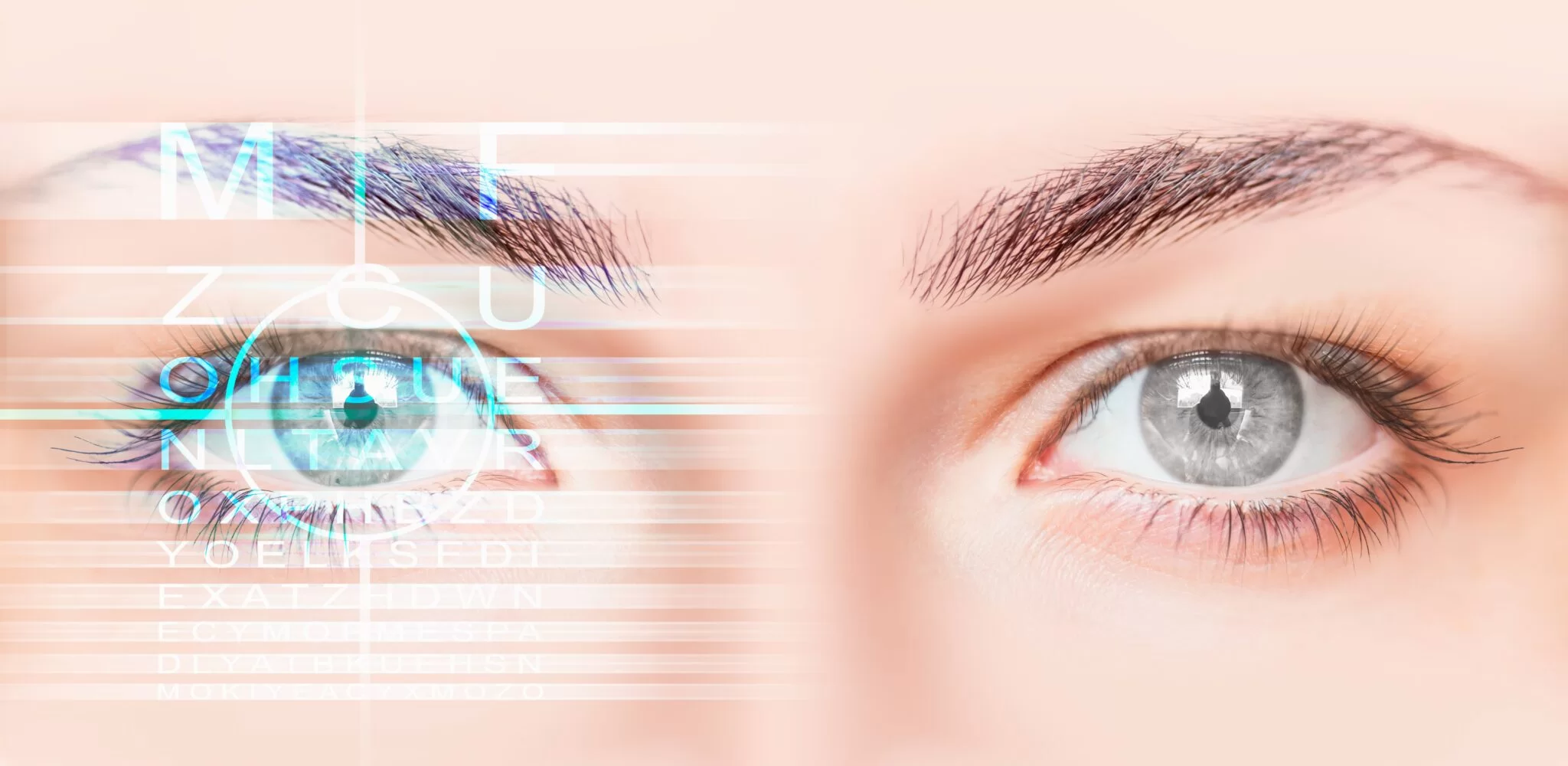
What Should Be Considered After Cataract Surgery?
Cataract surgery is one of the most common treatment methods applied to people of advanced age. This surgery is performed by dissolving the deteriorated lens of the eye. One of the most curious issues after the surgery is the question of what to pay attention to after cataract surgery . This surgery is one of the serious eye surgeries and there is a very small risk of losing the ability to see. Patients who do not want to take this risk should prefer to be operated under the best conditions without avoiding expenses. Using poor quality inner lens or avoiding eye protectors may increase this possibility.
One of the complications of cataract surgery is bleeding during surgery. This risk increases especially in people who are overweight and have hypertension.
Another complication is infection of the eye. The risk of infection is minimised by the use of intraocular antibiotics. The use of disposable and FDA approved materials should be given importance in the surgery centre. Cheap materials or drugs used to avoid costs increase the risk of infection. In addition, some problems may be encountered during the placement of the intraocular lens during surgery. Factors such as lens number and type of lens should be very careful.
What is Cataract?
Patients who frequently encounter questions such as what is cataract and what to pay attention to after surgery are doing research on it. Cataract is a disease that usually occurs with age. The cataract that occurs at birth is called congenital cataract and the type that occurs with age is called senile cataract. In the eye, blurred parts are formed on the lens that does not contain nerves or any vessels. The lens loses its transparency and becomes yellow or brown in colour. Moreover, vision is greatly reduced.
Cataract can occur in only one eye or in both eyes. In cases where it occurs in both eyes, one eye is affected more than the other. The lens normally has a transparent structure and transmits light to the back of the eye and enables vision to occur. However, if the lens becomes cloudy, not enough light can be transmitted to the back of the eye and the person’s vision is reduced. If the person is not treated, the clouding of the transparent lens increases and vision becomes more and more restricted.
Although cataracts mostly occur with age, there are some conditions in which they can occur. These situations are the following:
- Traumas
- Diseases of the human nervous system
- Medication use
- Congenital conditions
Although 50% of age-related cataracts are genetically determined, the gene that causes it has not been identified. People over 55 years of age should be examined every 1 to 3 years, and people over 65 years of age should be examined every 1 to 2 years.
What are the Symptoms of Cataract?
Knowing the answer to the question of what are the symptoms of cataracts allows people to recognise their condition early. Cataract symptoms are conditions that usually occur with age. This condition, which occurs when the lens of the eye loses its transparency and becomes cloudy, causes decreased vision.
One of the common symptoms of cataract is blurred vision. Smoky and hazy vision is an example of this. In low-light environments, vision can become even more blurred. Moreover, people with cataracts see colours much more pale and lifeless. Due to this blurred vision, actions such as watching television and reading books become very difficult. In rare cases, driving a car becomes risky because of double vision. Other cataract symptoms include
- Fading of colours
- Reduced night vision
- Farsightedness or nearsightedness
- Discomfort from light
- Blurred vision
- Frequent changes in the spectacle number
- Headache
- Eye fatigue
What to Expect After Cataract Surgery
One of the most important things to be considered after cataract surgery is eye hygiene. Although attention is paid to hygiene and the medications used, there are some situations that may arise. Cataract is not an easy operation. Care must be taken before and after the operation. Apart from the complications that may occur during the operation, there are also conditions that may occur after the operation. If one of these conditions or any other symptom is encountered, it should be reported to the doctor.
Oedema
Oedema is one of these conditions. Eye cells cannot renew themselves and the remaining cells start to work harder. This causes oedema formation to fill the gaps in the eye. If the cells called endothelium get extra damage, the oedema may become permanent and permanent vision loss may occur.
Corneal transplantation may be required to treat this condition. Although this surgery should be taken very seriously, expectations should not be too high. After the operation, vision may not return to normal 100 per cent.
Stinging
It is possible to experience a stinging sensation after cataract surgery. This is due to dryness or irritation of the outer layer of the eye. Important drops used after cataract surgery can also cause a stinging sensation. Dryness and irritation of the eye should be prevented with artificial tears.
Things to Consider After Cataract Surgery
The things to be considered after cataract surgery can be listed as follows:
- The first thing to be considered after the surgery is not to rub the eye. This may cause the lens to shift or damage the newly operated eye.
- The eye should not be closed too tightly.
- Water should not be touched for 3 days after the operation.
- Bending towards the front should be avoided.
- Situations such as strong straining should be avoided.
- Medicines and drops prescribed by the doctor should be used without interruption.
- No pressure should be applied to strain the eye.
- Do not lie on or next to the operated eye.
After the surgery, controls should never be interrupted. Everything the doctor says should be strictly followed and the medications given should be used. In cases such as stinging and oedema, the situation should be reported to the doctor.
Remember, these blog posts are for informational purposes only. If you have any medical concerns or questions, please consult a doctor.

















